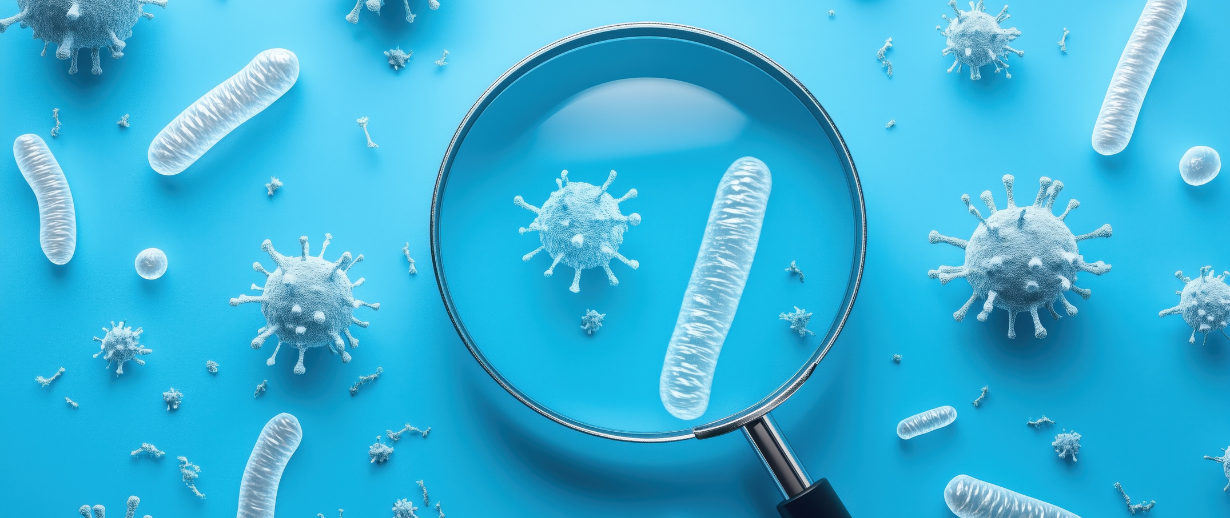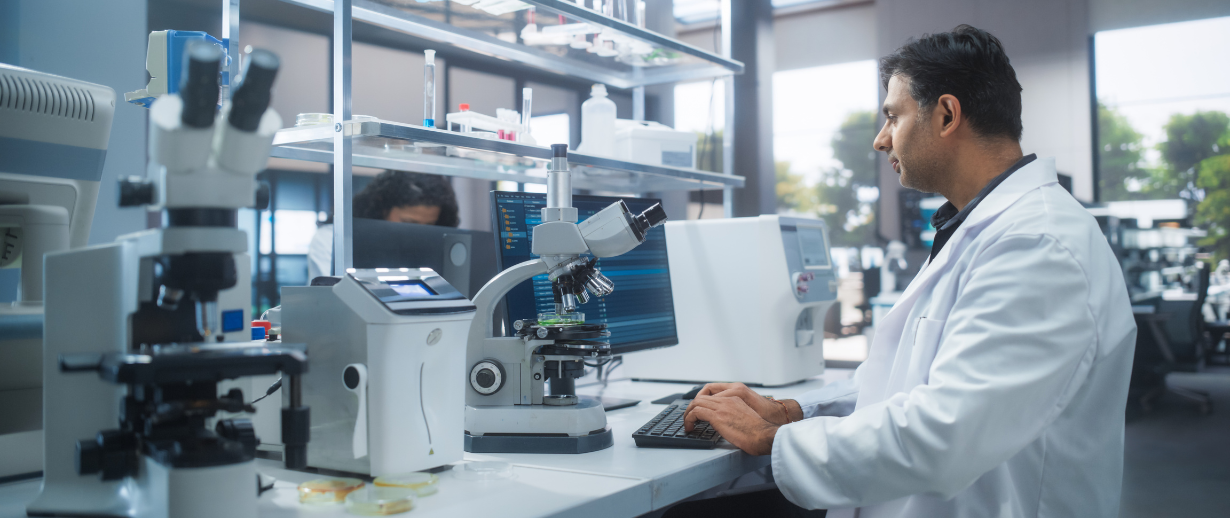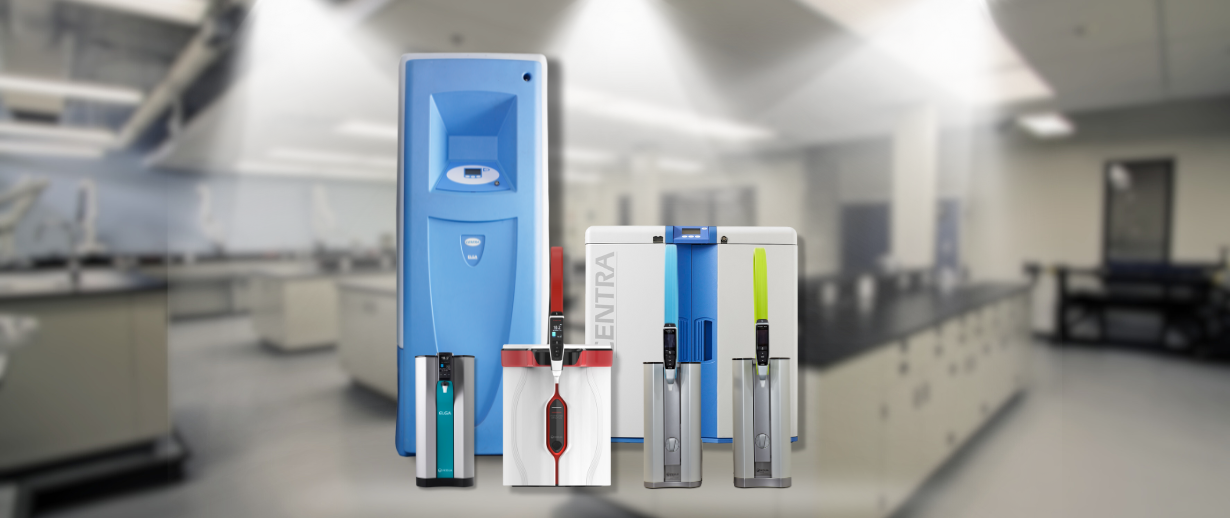Water quality plays a crucial role in the success of molecular biology research experiments. Even the smallest impurity can have detrimental effects, particularly in sensitive applications. As a researcher, understanding how to troubleshoot water-related problems is essential for maintaining the integrity of your work. This guide will explore common issues, their causes, and solutions to ensure your molecular biology experiments yield reliable results.
Common Problems and Their Causes

Molecular biologists often encounter challenges that can be traced back to water impurities. These issues can manifest in various ways, from equipment malfunctions to unreliable results.
One of the most frustrating problems researchers face is gel electrophoresis issues. Tank burnout and gels that refuse to run properly can often be attributed to ionic contaminants in the water used for buffers and gel preparation.
These water impurities can lead to a range of unexpected results that leave researchers frustrated. These may include:
- Gel smears
- Lack of amplification
- Contaminated controls
- Non-specific amplification
These issues are frequently caused by the presence of proteases, nucleases, or foreign DNA in the water used for sample preparation or reaction mixtures. These contaminants such as nucleases can degrade DNA and RNA, leading to poor template quality or complete extraction failure.
Solutions for Water-Related Problems

Addressing water quality issues in molecular biology requires a multi-faceted approach. Here are some key strategies to implement:
For PCR and template preparation, DEPC-treated Ultrapure Type I+ water is essential. This water undergoes rigorous purification processes to eliminate nucleases and other contaminants that could interfere with sensitive molecular biology techniques.
For electrophoresis applications, Type I pure water is typically sufficient. This high-grade water helps ensure consistent and reliable results in gel running and buffer preparation.
Implementing good laboratory practices can significantly reduce the risk of water-related problems:
- Use filter tips to prevent cross-contamination
- Work in a designated area or hood to minimise environmental contaminants
- Opt for point-of-use filtered water rather than bottled or stored water, which can accumulate impurities over time
- Regularly change consumables to prevent the buildup of contaminants
How We Can Help

At Veolia Water Technologies UK, we understand the critical role that water plays in molecular biology research. Our cutting-edge water purification systems are designed to meet the exacting standards required for sensitive applications. From bench-top units, such as the PURELAB Chorus, to comprehensive lab-wide solutions. we offer a range of products tailored to the needs of molecular biology laboratories.
Conclusion: Water impurities can pose significant challenges in molecular biology research, but with the right knowledge and tools, these issues can be effectively managed. By understanding the common problems, their causes, and implementing appropriate solutions, researchers can ensure the integrity of their experiments and the reliability of their results.
Don't let water quality issues compromise your research. Contact Veolia Water Technologies UK today to learn more about our water purification solutions for molecular biology applications. Let us help you optimise your research outcomes and take your experiments to the next level. Talk to an expert, here.